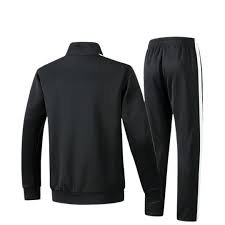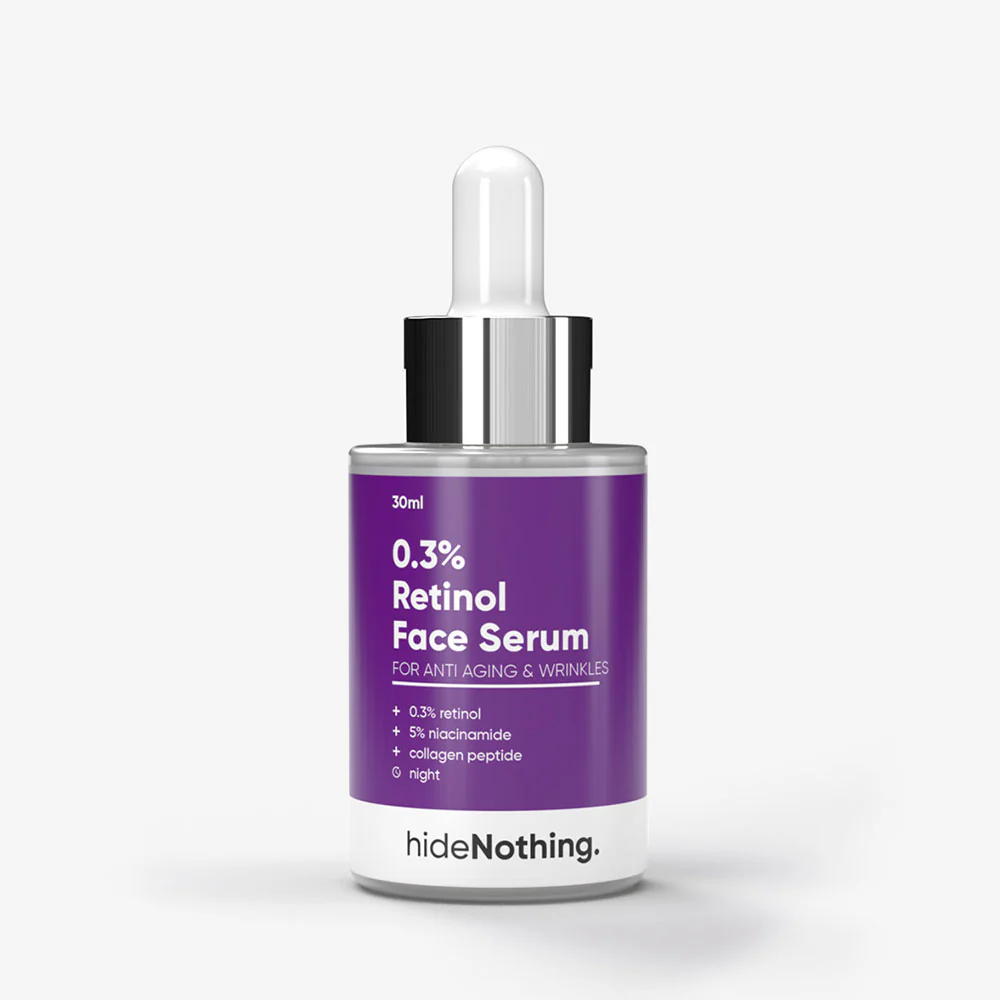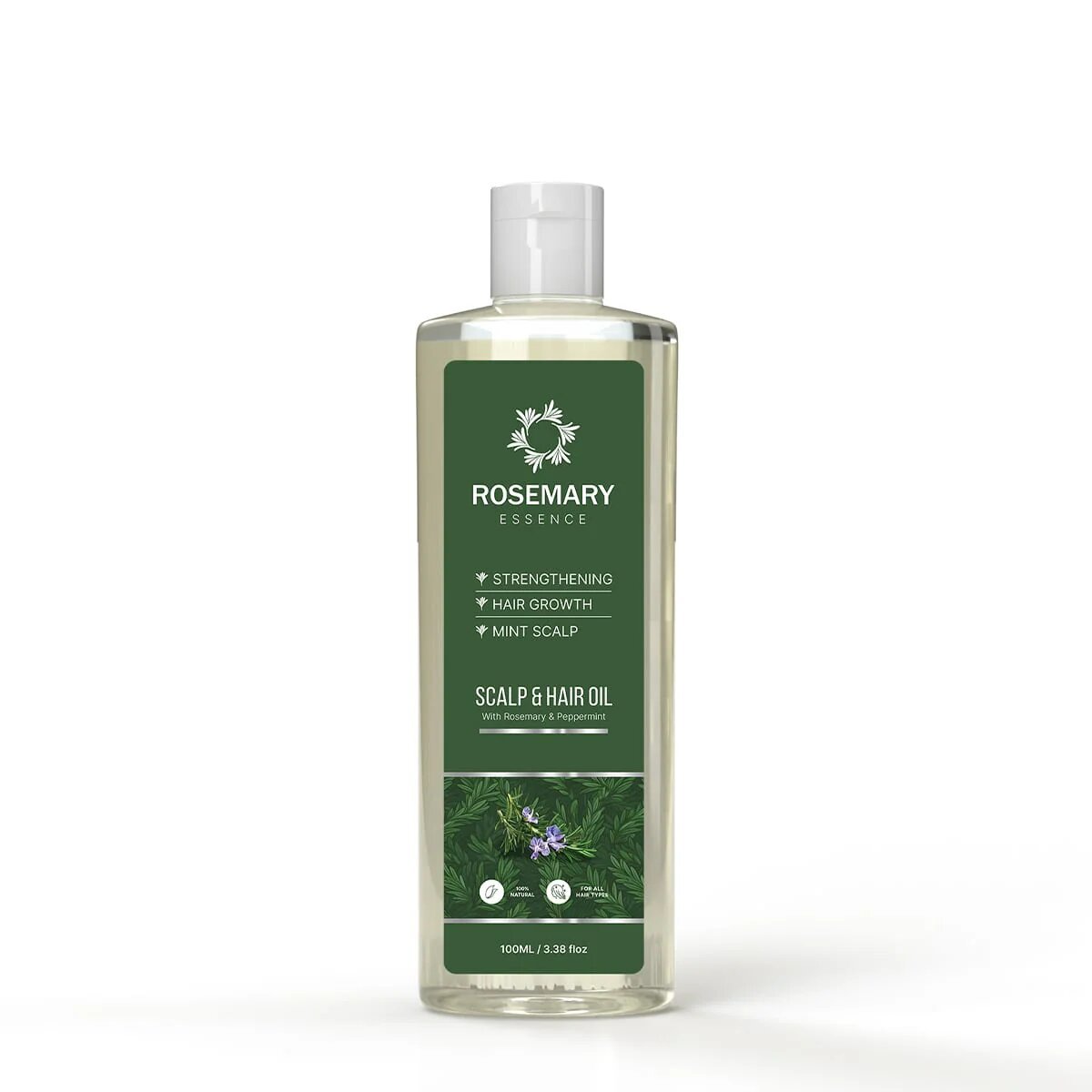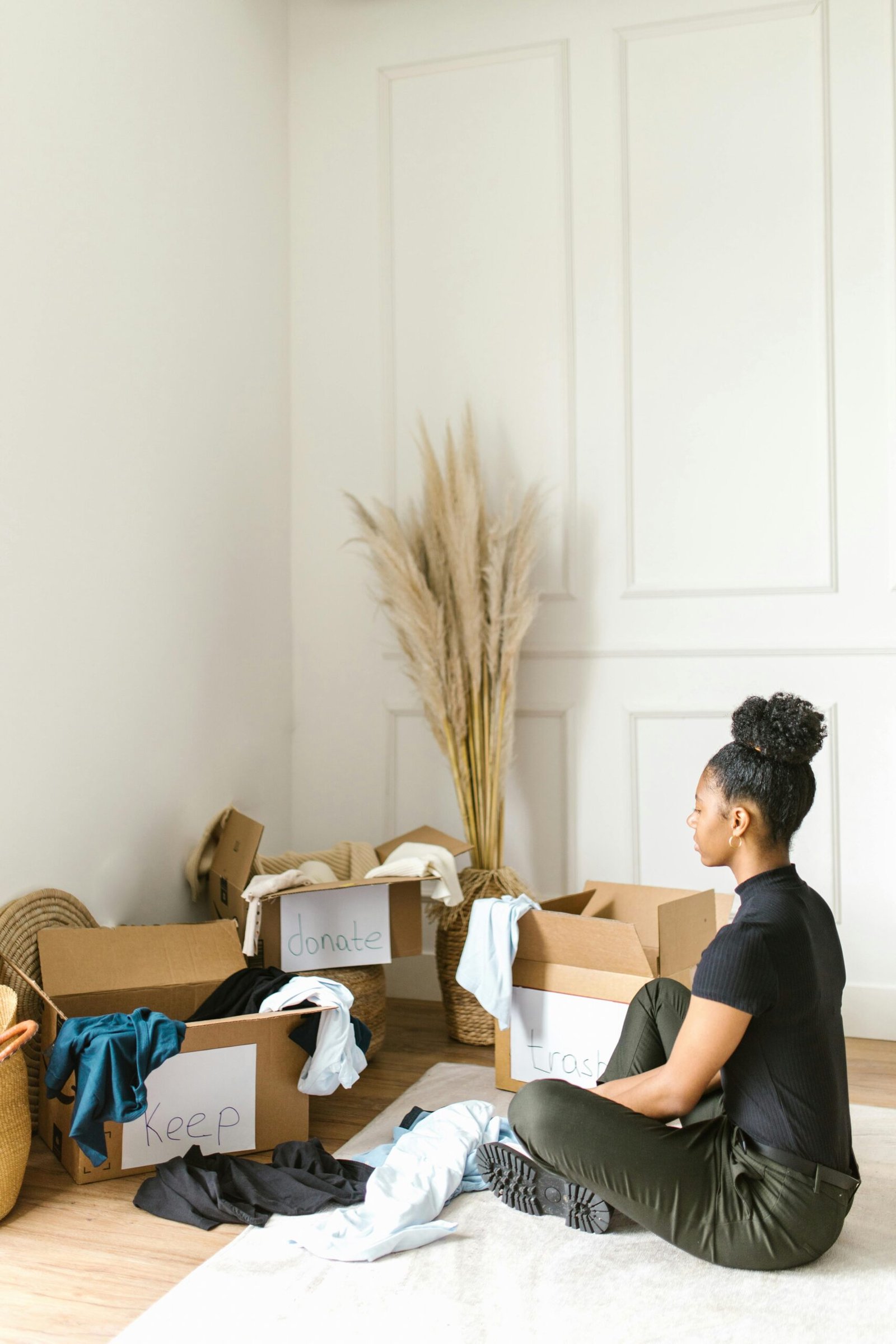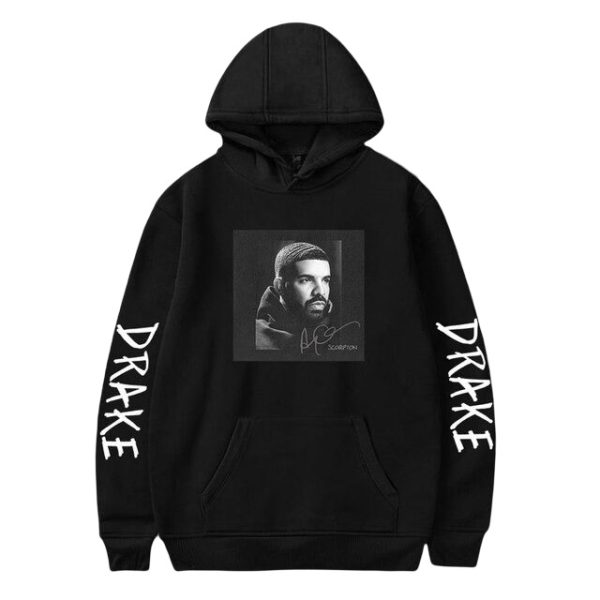Starting your fitness journey can feel daunting, especially with all the information out there. It’s easy to get overwhelmed, but the key is to take it step by step. This guide will walk you through everything you need to know about beginner workouts, from setting goals to staying motivated without burning out.
Why Start with Beginner Workouts?
Getting started with beginner workouts is important because it helps ease your body into a routine. Jumping into an advanced workout too quickly can result in injury or burnout. Beginner workouts are designed to be approachable and effective, helping you build a solid foundation while improving your overall fitness.
Mental Barriers to Working Out and How to Overcome Them
Many people face mental barriers when starting a workout routine. Whether it’s fear of failure, lack of time, or intimidation by the gym, these challenges can keep you from achieving your goals. Overcoming these barriers involves setting clear intentions, creating a manageable schedule, and focusing on progress rather than perfection.
One great way to conquer workout anxiety is to remind yourself that everyone starts somewhere. Begin with small, achievable steps and build your confidence along the way.
Setting Realistic Goals for Your Fitness Journey
Setting realistic goals is crucial to staying motivated and seeing progress. For beginners, it’s important to focus on goals that are specific, measurable, attainable, relevant, and time-bound (SMART). Instead of aiming to lose 10 pounds in a week, set a goal to work out three times a week for 30 minutes.
Start with small wins—whether it’s fitting into an old pair of jeans or increasing the number of push-ups you can do—and adjust your goals as you improve.
Essential Workout Gear for Beginners
Starting with the right workout gear can make a big difference in your comfort and performance. Here’s what beginners need:
- Choosing the Right Shoes: Invest in a good pair of sneakers that offer support, cushioning, and stability.
- Comfortable Clothing: Wear moisture-wicking, breathable materials that allow for full range of motion.
- Simple Home Gym Equipment: You don’t need fancy equipment to get started. A yoga mat, resistance bands, and light dumbbells can be incredibly useful.
Types of Beginner Workouts
There are many beginner-friendly workout options that you can try depending on your preferences and fitness goals:
- Bodyweight Exercises: Push-ups, squats, lunges, and planks are effective and require no equipment.
- Walking and Jogging: These are excellent cardiovascular exercises that help improve stamina.
- Yoga and Stretching: Great for flexibility, stress relief, and improving balance. Yoga also helps build strength, especially for beginners.
Creating a Beginner-Friendly Workout Plan
A well-rounded workout plan includes both cardio and strength training. Here’s a simple structure for beginners:
- Weekly Scheduling: Aim for at least three workouts per week, with each session lasting between 30 to 45 minutes.
- Balancing Cardio and Strength Training: Start with a mix of walking or jogging for cardio, and bodyweight exercises for strength.
- Gradually Increasing Intensity: As you progress, increase the duration or intensity of your workouts, but always listen to your body to avoid injury.
Common Mistakes Beginners Make and How to Avoid Them
Common mistakes include doing too much too soon, neglecting proper form, and not allowing for enough rest. It’s important to remember that more isn’t always better—progress happens over time.
Stretching and Warm-ups: Importance for Beginners
Stretching and warming up are often overlooked, but they are vital for preventing injuries and improving flexibility. Spend 5-10 minutes warming up before your workout, and cool down with stretches afterward to aid recovery.
Nutrition Tips to Complement Your Workout Routine
Your diet plays a big role in supporting your workouts. Here are some nutrition tips:
- Pre-Workout Nutrition: Eat a small snack with carbohydrates and protein about 30 minutes before your workout for sustained energy.
- Post-Workout Recovery Meals: Refuel with protein-rich foods and complex carbs to help your muscles recover.
The Importance of Rest and Recovery for Beginners
Rest is essential, especially for beginners. It’s during rest that your muscles repair and grow stronger. Ensure you take at least one or two rest days per week and get adequate sleep to support your recovery.
Tracking Your Progress
Tracking your progress can be highly motivating. Use fitness apps, keep a workout journal, or take progress photos to monitor improvements. Celebrate small victories like increased endurance or consistency.
Staying Motivated in the Long Run
Motivation can wane over time, but there are ways to stay on track. Setting short-term and long-term goals, finding a workout routine you enjoy, and rewarding yourself for milestones can keep you motivated.
Beginner Workouts You Can Do At Home
You don’t need a gym membership to start working out. Here are some simple home workout routines for beginners:
- Bodyweight Circuits: Combine push-ups, squats, lunges, and planks in a circuit for a full-body workout.
- Simple Cardio Workouts: Jumping jacks, jogging in place, or skipping rope can give you a great cardio session at home.
Joining a Community or Finding a Workout Buddy
Having a support system can make a huge difference in staying consistent. Join a local fitness class, online community, or find a workout buddy who shares your goals.
FAQs
1. What’s the best beginner workout for losing weight?
A combination of cardio and strength training is most effective for weight loss. Exercises like walking, jogging, and bodyweight exercises such as squats and push-ups can help shed pounds and improve overall fitness. For those looking for structured guidance, consider integrating weight loss meal plans Dubai with your workouts to maximize results and maintain a balanced diet.
2. How often should beginners work out?
Beginners should aim to work out 3-4 times per week, allowing for rest and recovery days in between. This schedule provides enough frequency to see progress without overwhelming your body.
3. Do I need a gym membership to start working out?
No, you can easily start at home with bodyweight exercises and minimal equipment like resistance bands or dumbbells. Gyms offer more variety, but they’re not necessary for beginners.
4. Can beginners do strength training?
Absolutely! Strength training is beneficial for building muscle and boosting metabolism, even for beginners. Start with lighter weights or just your bodyweight, and increase the load as you become more comfortable.
5. How long should beginner workouts be?
Beginner workouts typically last between 30 to 45 minutes. As you build endurance, you can gradually extend the time, but it’s important not to rush and listen to your body.
6. What if I feel sore after a workout?
Soreness, especially after your first few workouts, is normal. Be sure to hydrate, get plenty of rest, and incorporate light stretches or active recovery exercises to reduce discomfort.


